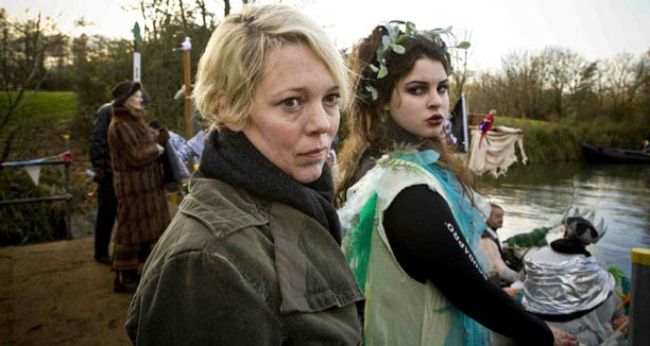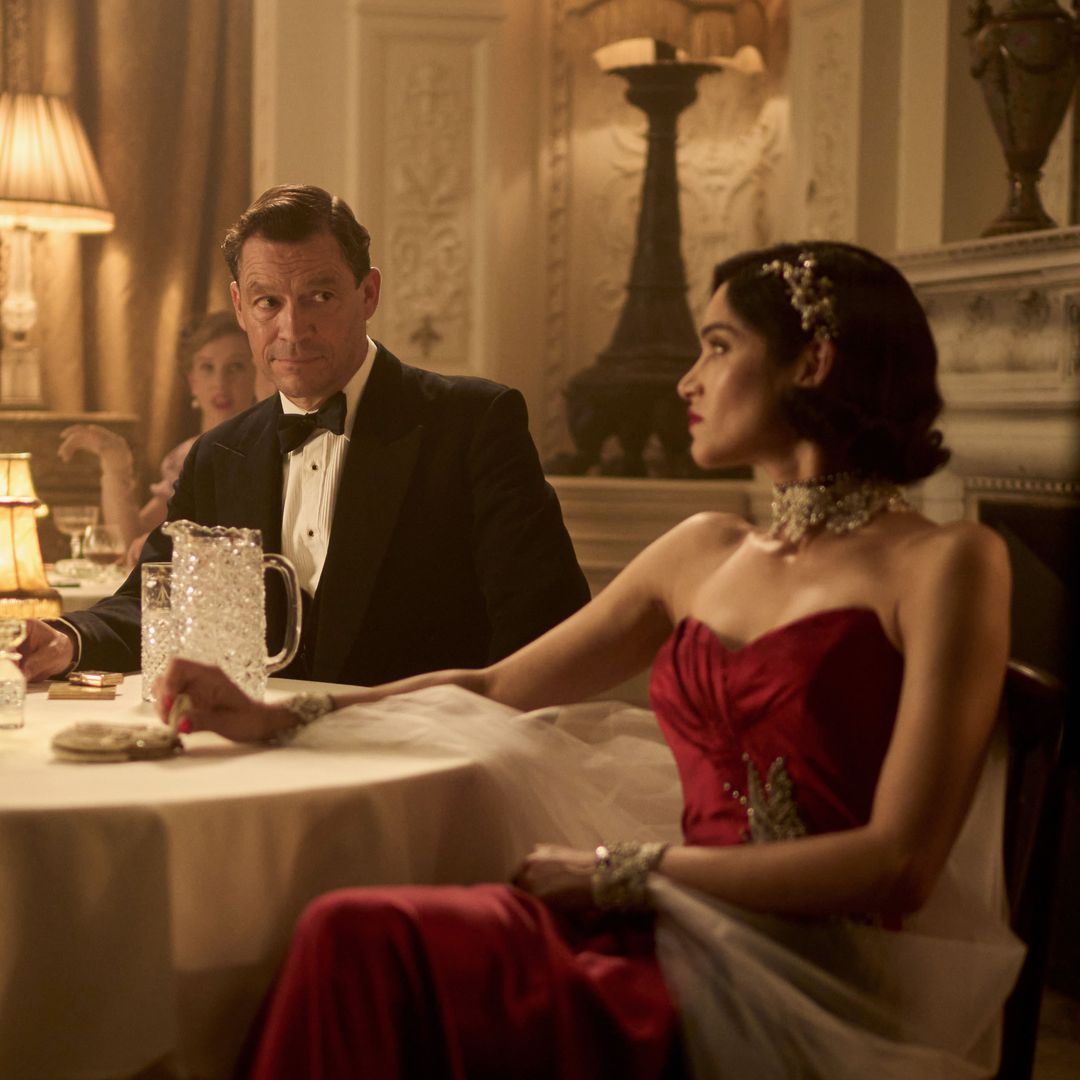Midsomer Murders has had some impressive guest stars over the years, with Downton Abbey's Hugh Bonneville, Hollywood film star Orlando Bloom and Superman himself Henry Cavill all making guest appearances.
MORE: 13 shows to watch if you love Midsomer Murders
However, the village of Little Worth has also welcomed acting royalty, as Oscar-winning star Olivia Colman made an appearance in series 12 back in 2009 - ten years before she wowed audiences with her performance in The Favourite and took home the gong for Best Actress!
In the show, Olivia played Bernice, the girlfriend of a local hotel owner Edward Palfrey. In the episode, the victim, Richard Tanner, is found dead in a model village and tied like Gulliver in Gulliver's Travels.
WATCH: Olivia Colman films inside beautiful family home
He had a tense family life having had romantic entanglements with different women, and after two more people were murdered, it is eventually revealed Bernice murdered Richard after he didn't pay due respect to her beloved model village. Naturally. It is also alluded to that Bernice killed her adoptive mother before she descended on Midsomer.
MORE: Everything you need to know about Olivia Colman's husband and children
MORE: Olivia Colman's home is ultimate interiors inspo
Olivia has since gone on to enjoy worldwide stardom, and followed up her Oscar-winning performance with roles in The Father and BBC One's adaptation of Les Misérables, where she played Madame Thénardier. She also played the Queen in The Crown seasons three and four before being replaced by Imelda Staunton for a fifth and final series.
Olivia starred on the show back in 2009 - ten years before she landed her Oscar
MORE: The real reason why John Nettles left Midsomer Murders
Speaking about ending the show on season five, the series' creator Peter Morgan told Entertainment Weekly: "I feel uncomfortable writing about events within a certain time period. I think there's a certain amount of time within which, if you write about it, what you do instantly becomes journalistic because it's too close to the moment.
"If you wait a certain amount of time, if you allow fifteen or twenty years, basically a generation, between you and [the events] then you can write about it somewhat freely as drama."
Like this story? Sign up to our newsletter to get other stories like this delivered straight to your inbox.










